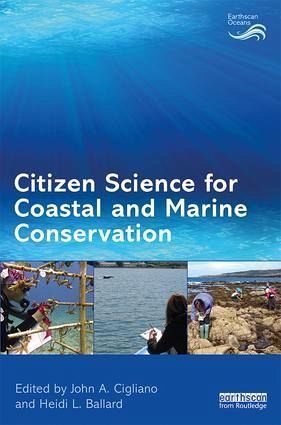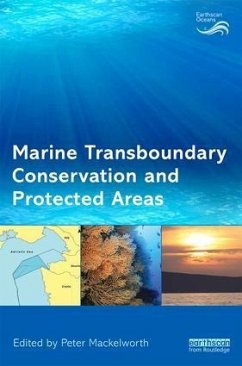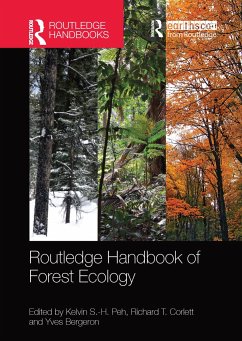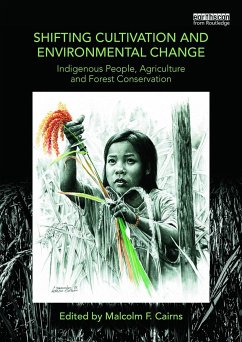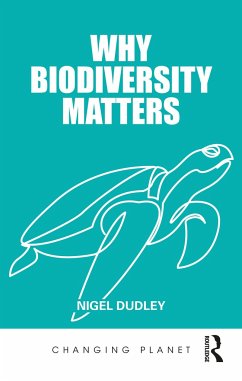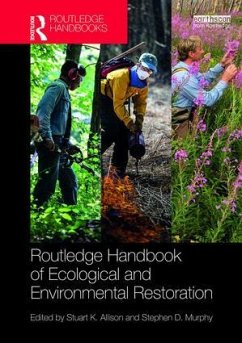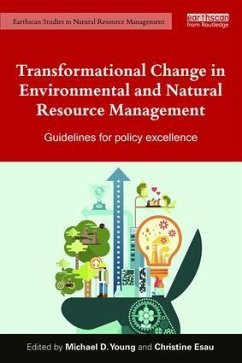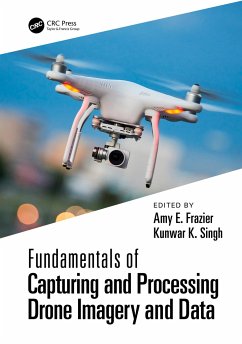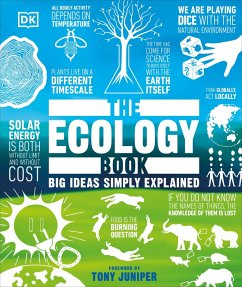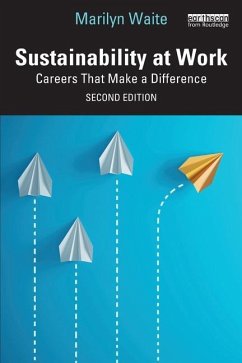Broschiertes Buch
Citizen Science for Coastal and Marine Conservation
Versandkostenfrei!
Versandfertig in über 4 Wochen
Weitere Ausgaben:

PAYBACK Punkte
35 °P sammeln!




This is the first book to provide much needed guidance and case studies concerning citizen science from marine and coastal conservation
John A. Cigliano is Professor of Biology and Director of Environmental Conservation in the Department of Biological Sciences, Cedar Crest College, Allentown, Pennsylvania, USA; adjunct faculty at the Schoodic Institute at Acadia National Park, Winter Harbor, Maine, USA; and an Earthwatch Institute Principal Investigator. He collaborates with citizen scientists to study the effects of ocean acidification and warming on temperate rocky-intertidal organisms and communities. John is currently the Past President of the Marine Section, the Vice President of the Participatory and Citizen Science Working Group, both of the Society for Conservation Biology, and a founding member of the Citizen Science Association. Heidi L. Ballard is Associate Professor of Environmental Science Education and Faculty Director of the Center for Community and Citizen Science at the University of California, Davis, USA. She leads research on what and how adults and youth learn about science, the environment, and their communities through participation in citizen science and community science. She is on the Editorial Board of Citizen Science: Theory and Practice, and a member of several professional societies' working groups focused on citizen science. She has collaborated with numerous citizen and community science projects internationally to help improve design and evaluation of their programs.
Produktdetails
- Earthscan Oceans
- Verlag: Taylor & Francis Ltd
- Seitenzahl: 298
- Erscheinungstermin: 1. November 2017
- Englisch
- Abmessung: 231mm x 155mm x 23mm
- Gewicht: 494g
- ISBN-13: 9781138193222
- ISBN-10: 1138193224
- Artikelnr.: 48899585
Herstellerkennzeichnung
Libri GmbH
Europaallee 1
36244 Bad Hersfeld
gpsr@libri.de
Für dieses Produkt wurde noch keine Bewertung abgegeben. Wir würden uns sehr freuen, wenn du die erste Bewertung schreibst!
Eine Bewertung schreiben
Eine Bewertung schreiben
Andere Kunden interessierten sich für



